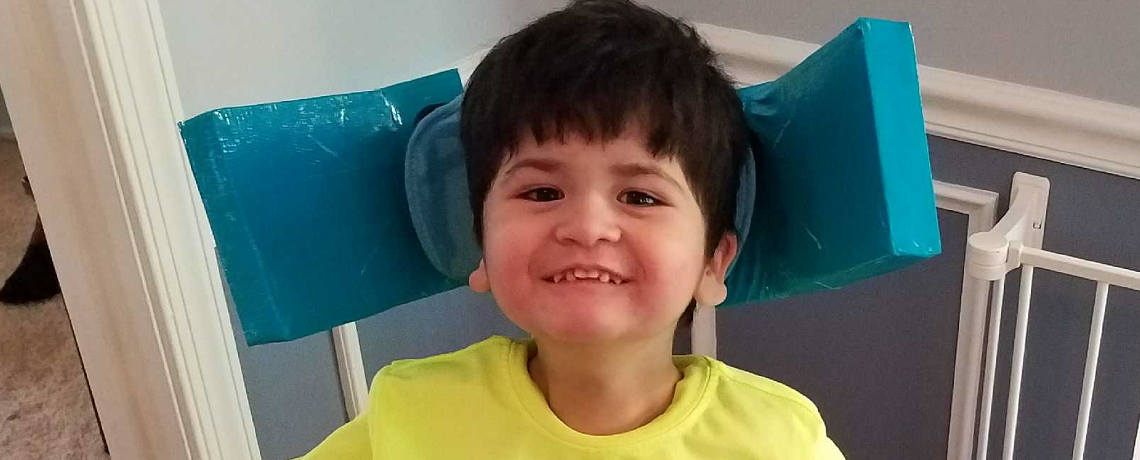Most likely, his smile is what you will notice first. Joey has a way … [Read More...]
Accepting Change
I’ve been struggling to write this post for the past month and every time I sit … [Read More...]
BFit power based exercise program
By Janet Sloan
Sponsored by Joey’s Foundation, BFit launched its first full year at MedStar … [Read More...]
Saturday Serenade
By user
Test post for Saturday Serenades https://www.musichealsglennjan.com/saturday-serenades



